Freestyle swimming prodigy Pan Zhanle reaffirmed the integrity and solid progress of Chinese swimmers by breaking his own world record to win the men's 100-meter freestyle on Wednesday night at the Paris 2024 Olympic Games.
Pan, 19, who cleared several rounds of doping tests, finished in 46.40 seconds to win China's first swimming gold at the ongoing Games in the French capital, topping his 46.80 seconds record made in February at the world championships in Doha, Qatar.
Entering Wednesday's final session under huge pressure to end China's gold medal drought in the Paris Olympics pool, Pan sent the capacity crowd at the La Defense Arena into a frenzy as he shaved 0.4 second off his own record.
It was the first world record broken in any swimming competition by the end of Wednesday, and significantly boosted Team China's morale following a series of near-misses from the top spot on the podium in earlier events.
Pan's masterful performance, which came after he completed rigorous doping test programs prior to and during the Games with zero positive results, delivered a fitting reply to some Western media organizations, such as The New York Times, and other organizations led by the United States Anti-Doping Agency that claimed Chinese swimmers achieved consistent improvements through "unfair" means.
"I just swam perfectly today and made a strong impression for Chinese swimming. I hope this gold lifts the spirits of the whole team and helps more teammates make a golden start," Pan said at a news conference held after the event.
"For Chinese swimming and for my country, I think it's huge to prove that Chinese athletes can also prevail in another event (other than traditionally strong disciplines) in swimming," he added.
Australia's Kyle Chalmers finished 1.08 seconds behind Pan to win silver, while former world record holder David Popovici of Romania finished another 0.01 second behind to settle for bronze.
In response to media allegations before the Paris Games, targeting a food contamination incident involving 23 Chinese swimmers in 2021, the World Anti-Doping Agency, World Aquatics, which is the international body governing six aquatic sports, and the International Testing Agency published relevant review reports and analyses to support the Chinese antidoping authorities' assessment of the case as a no-fault incident.
As a talented young swimmer, who is particularly strong in his final split push, Pan made his presence felt at the world championships in Doha by setting his previous record in a stunning leadoff leg in China's gold-winning men's 4x100m relay.
Asked how he managed to achieve such impressive progress, the teenager attributed his improvement in time during the Olympics to hard work, commitment to clean sport, discipline and the support of modern training methods.
"I took 21 doping tests from May to July, prior to the Games, and had no positive results at all. It was no big deal as long as the testing was conducted fairly and according to rules. I cooperated with all the testing procedures and stayed confident that I am competing fair and clean," Pan said.
"As far as my daily routine is concerned, I did a lot of aerobics and endurance training to strengthen my push and kick in the final split. We have also adopted a scientific underwater monitoring and analyzing system to review our techniques and strokes, so that we can train better and more effectively," he added.
Pan's great form has been hailed by his rivals including Chalmers, the 100m freestyle winner at the 2016 Rio Games, who said the blend of raw power and strategic brilliance in Pan's swimming is simply impressive.
"For him to produce a 46.40 and break the world record in the Olympic final is incredible," said Chalmers, an eight-time Olympic medalist. "I trust that he's done everything he possibly can to be there. And he deserves that gold medal. And I did everything I possibly could to challenge for that gold medal."








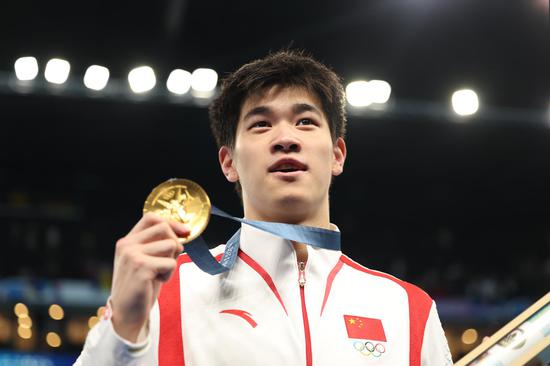
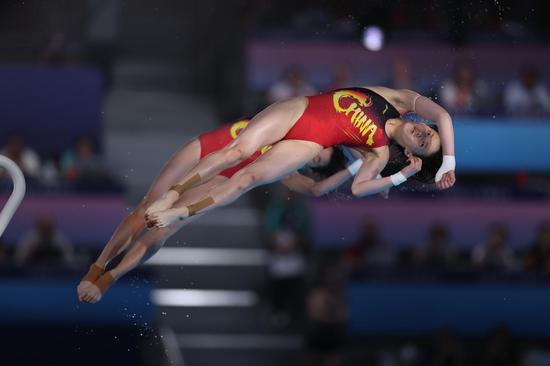
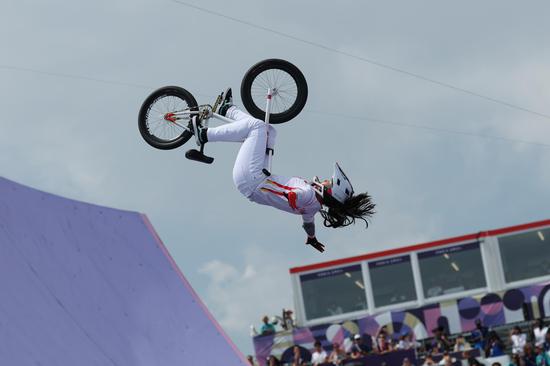
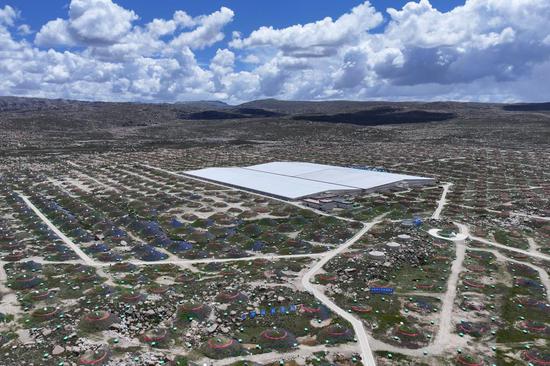
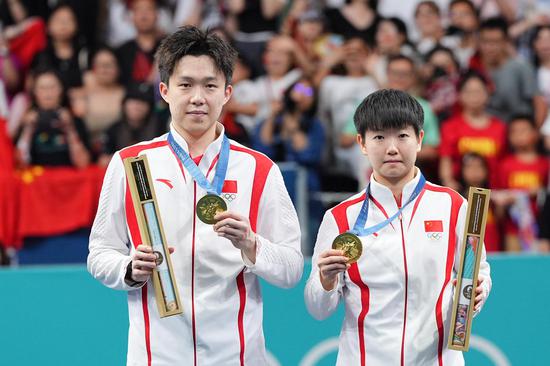
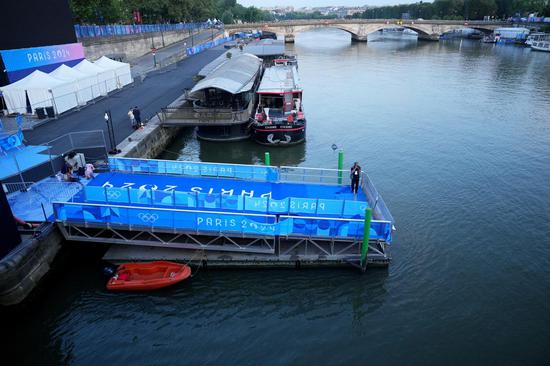
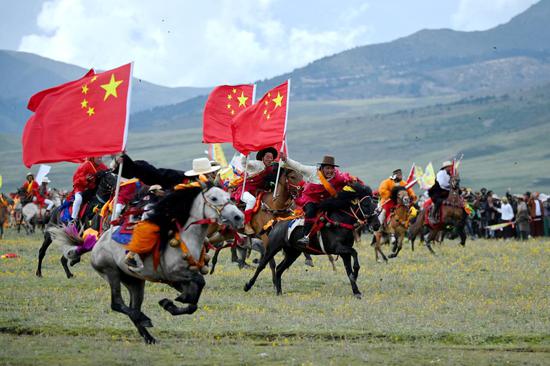


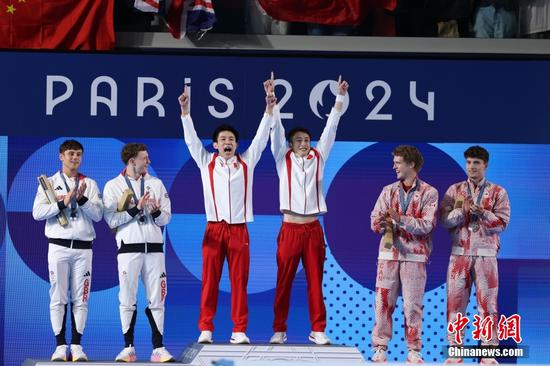
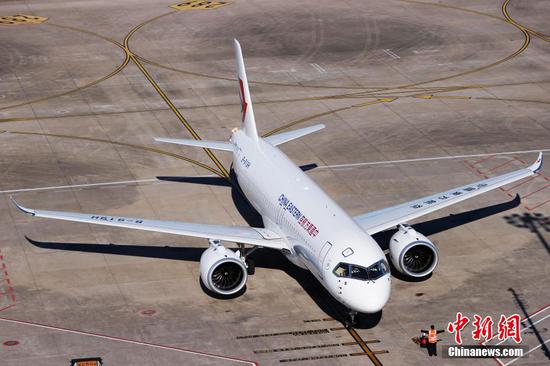


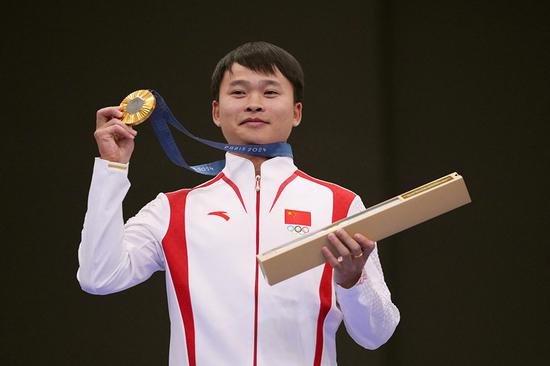
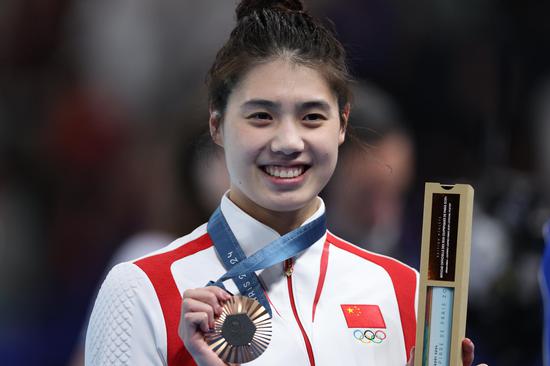
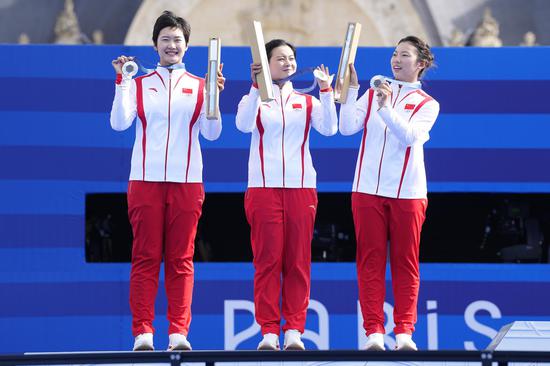


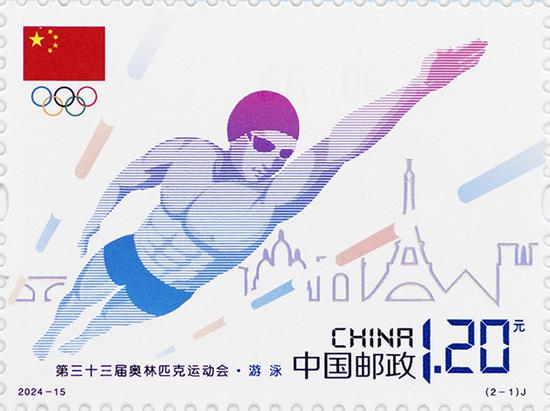

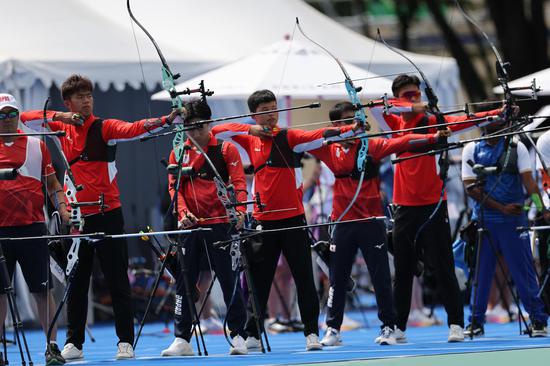

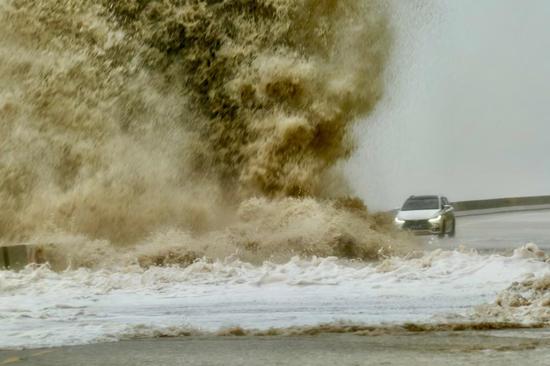
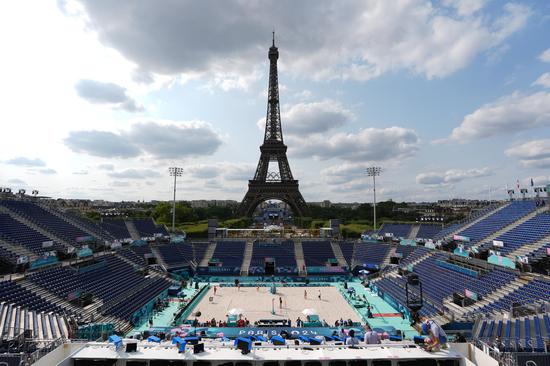
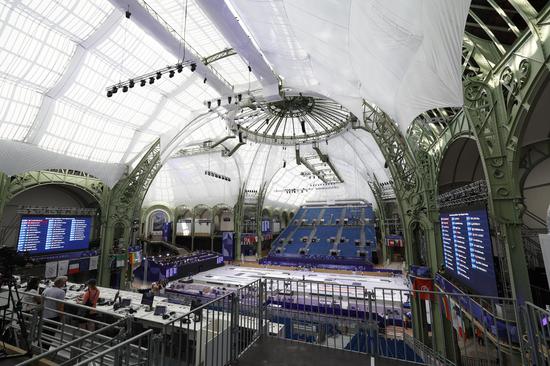
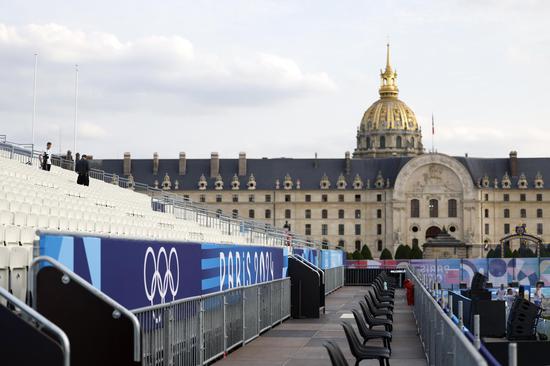
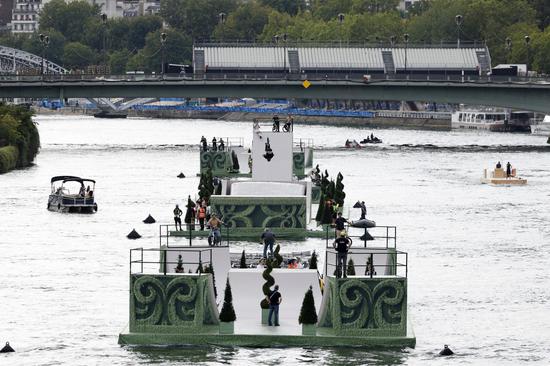
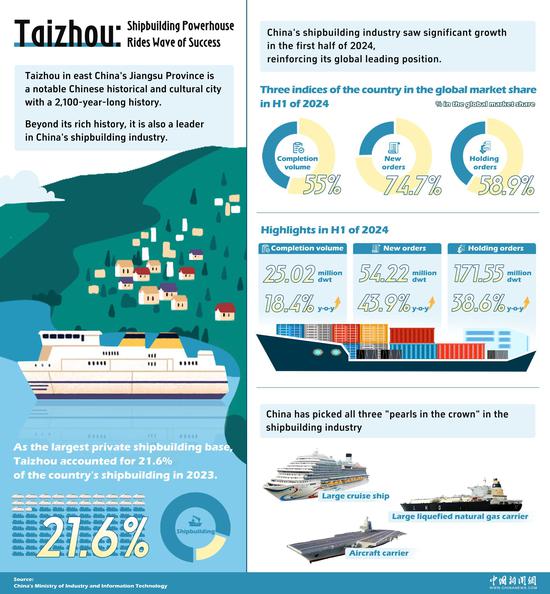
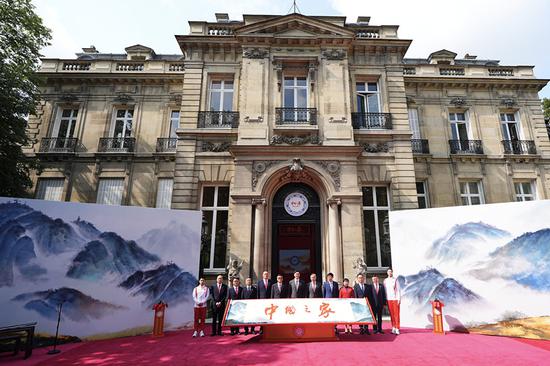



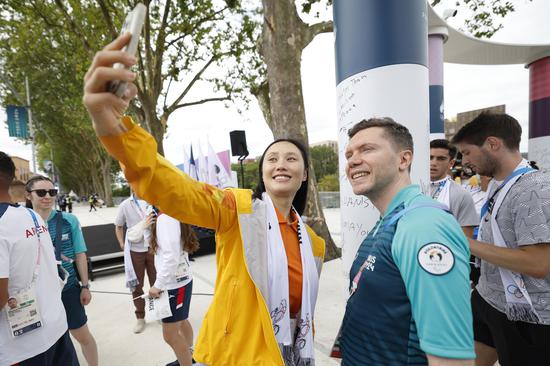




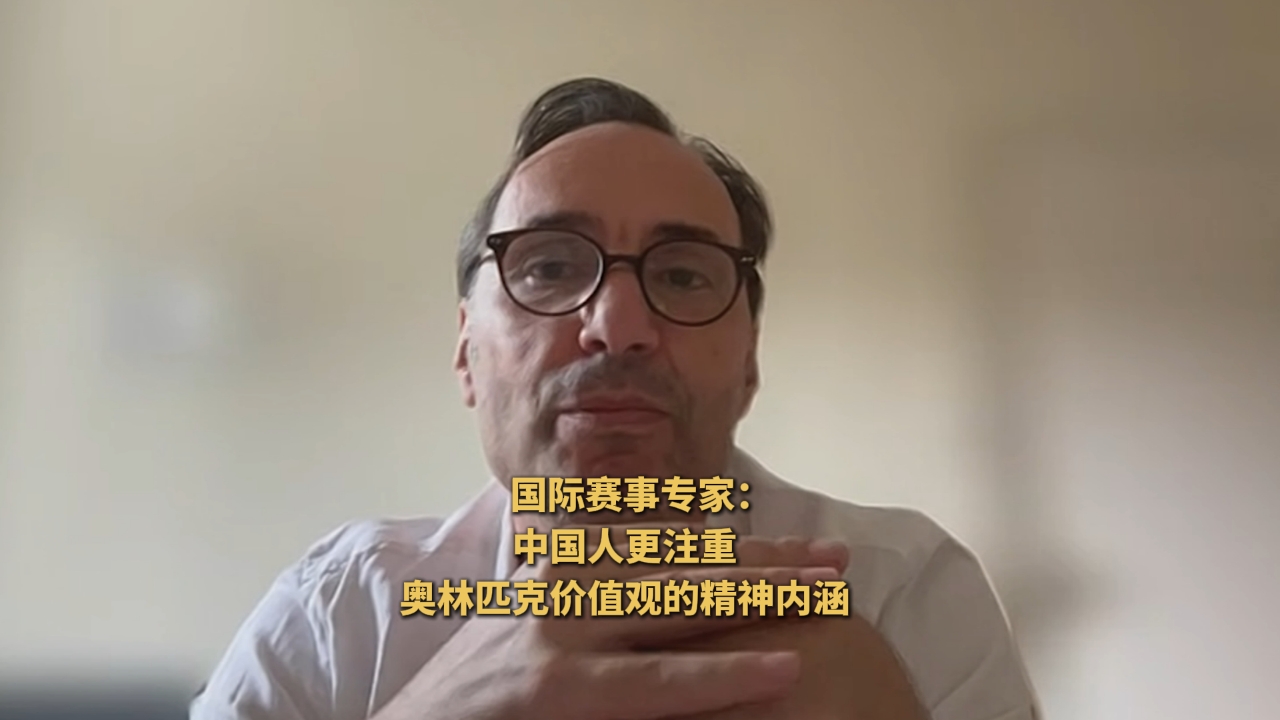

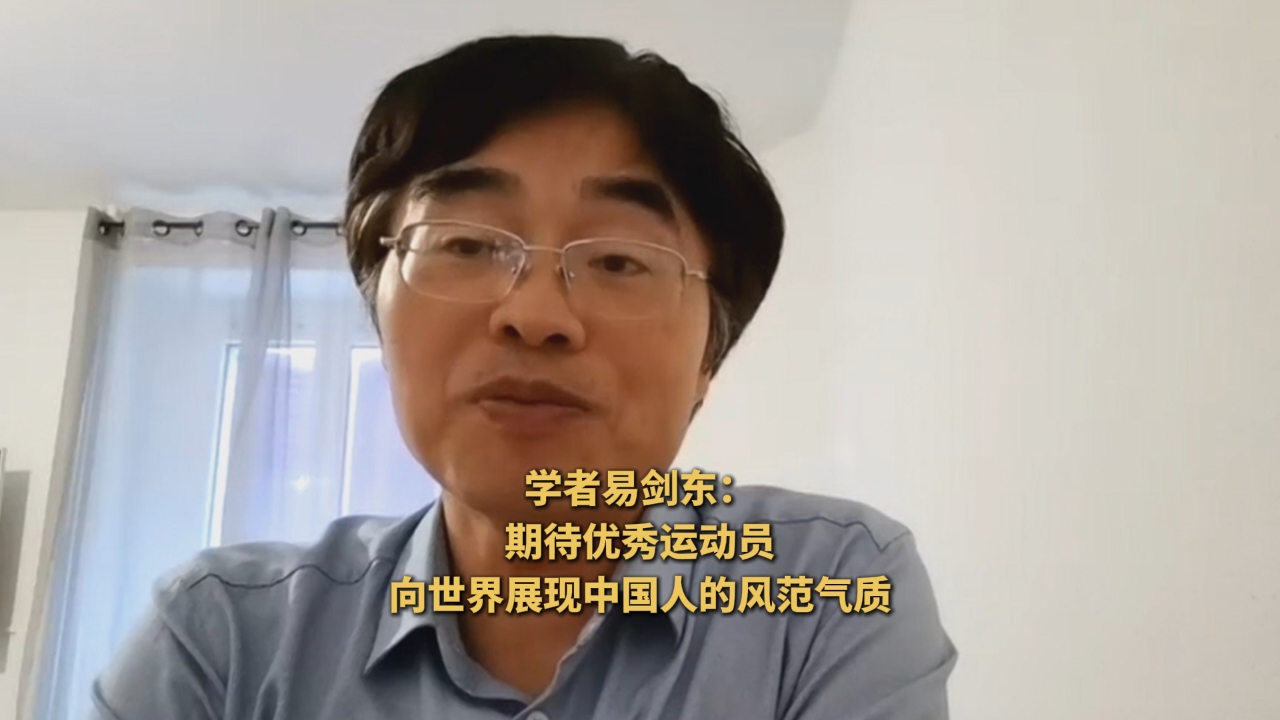

 京公网安备 11010202009201号
京公网安备 11010202009201号